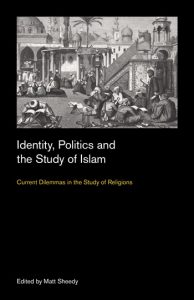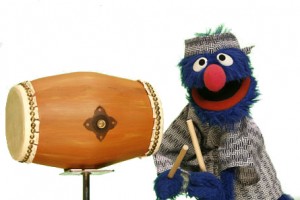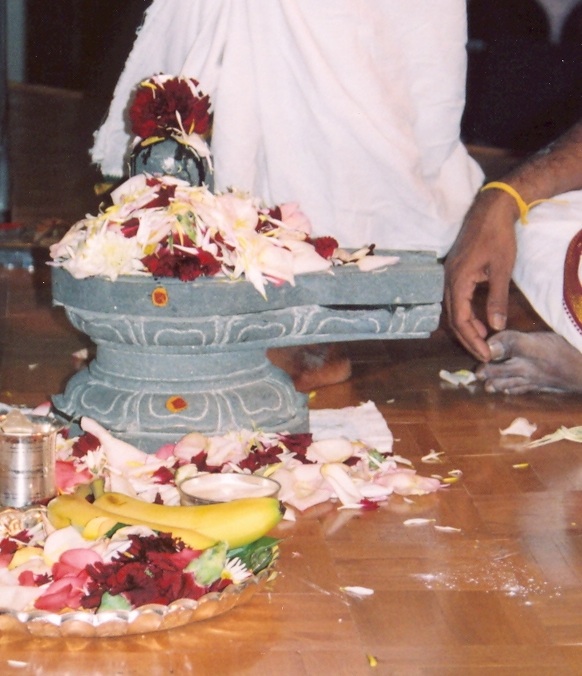 This interview is part of a series of interviews on new books from the Culture on the Edge book series with Equinox publishing.
This interview is part of a series of interviews on new books from the Culture on the Edge book series with Equinox publishing.
This edited volume began in response to a debate between two scholars who study Islam, Omid Safi and Aaron Hughes. Can you introduce the main issues of that debate?
The idea for this book came out of a “debate” between Omid Safi and Aaron Hughes back in early 2014. The initial salvo came when Safi published an essay on Jadaliyya, “Reflections on the State of Islamic Studies,” where he characterized Hughes’s work as “grossly polemical and simplistic,” though without providing any specific evidence for this claim. Hughes replied on the Bulletin for the Study of Religion blog (where I was then editor), challenging Safi to “do what the Western tradition of scholarly discourse demands and respond to my ideas in print as opposed to engaging in innuendo and identity politics.” After some preliminary discussion on Facebook, where we considered the possibility of a more substantive exchange on the Bulletin blog, Safi decided not to engage further on this forum.
In the interest of expanding the conversation I asked a number of scholars of religion to comment on some of the issues raised in these two blog posts, with an emphasis on the following tension: whereas Safi’s reflections on Islamic Studies stress the role of feminist, post-colonial, and anthropological approaches, and laud scholars who work between the academy and the community for political ends (e.g., see Safi’s edited book Progressive Muslims), Hughes argues that the emphasis on identity politics in much of Islamic Studies contributes to the persistence of apologetics and inhibits the kind of critical scholarship that religious studies ought be striving for. Subsequent to this, more responses were published in a special issue of the Bulletin’s journal, which became the starting point for this book. In this volume a few of the same contributors expand their original pieces, along with five new essays, including an afterword from Russell McCutcheon. Continue reading “Identity, Politics, and the Study of Islam: An Interview with Matt Sheedy”



 Know that image? It’s from the once popular Disney movie “The AristoCats” (1970) — take a look at the scene:
Know that image? It’s from the once popular Disney movie “The AristoCats” (1970) — take a look at the scene: